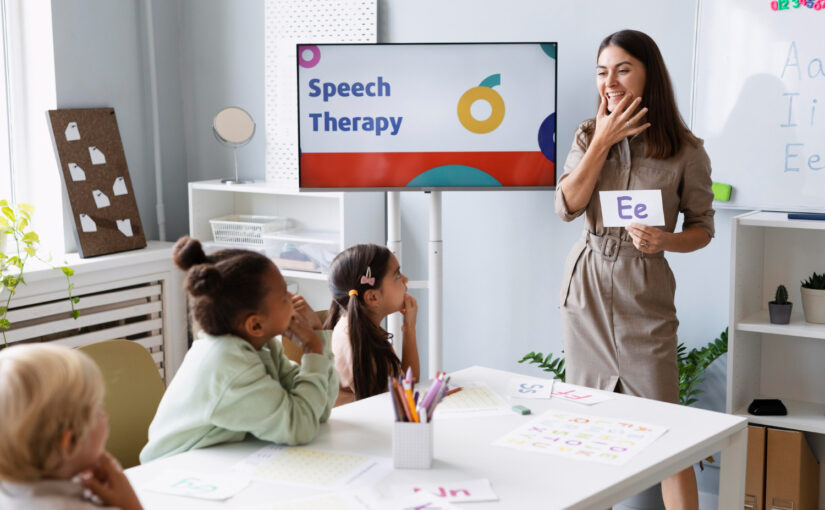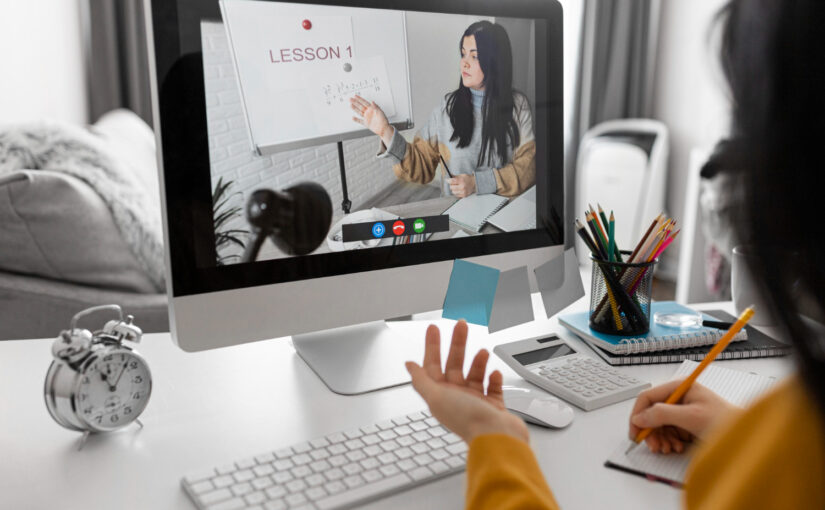The foundation of the children’s future and thinking gets laid down when properly nurtured with the right education. Proper guidance and training shape their future precisely. Pre-school teachers play a crucial role in educating the young children. However, teaching young minds is a task. It requires proper knowledge about the subject. With a diploma in teacher training, one can accomplish their goal of becoming a Pre-Primary educator. While many aspiring educators who are looking to specialize in teaching young children often have questions about online pre-primary teacher training courses. Understanding this fact, we have shared the five common questions that everyone has when it comes to preschool teacher training courses. Explore here to get clarity and lead a rewarding career path.
What is Pre-School Teacher Training?
Pre-school teacher training is a specialized program designed for individuals to acquire skills and knowledge necessary for teaching and nurturing children 2 to 5 years old. The course focuses on understanding child development, creating lesson plans, and fostering a positive and engaging learning environment. Online teacher training courses prepare educators for the unique challenges and joys of working with preschool-aged children.
What are the Key Components of Pre-School Teacher Training?
Pre-school teacher training course covers a diverse range of topics, ensuring that educators become well-rounded and effective in their roles. Some of the key components are as follows.
- Child Development
Understanding young children’s physical, emotional, social, and cognitive development is a fundamental aspect of outlining effective teaching strategies.
- Curriculum Planning
Online Preschool teacher training includes the aspect of designing age-appropriate lesson plans and activities that stimulate children’s curiosity and promote learning.
- Classroom Management
Pursuing an online teacher training course makes you well-versed in creating a positive and inclusive classroom environment, managing behavior, and establishing routines that support children’s development.
- Early Childhood Education Techniques
In an online ECCEd course, you get to explore various teaching methods and approaches specifically tailored to preschool children’s needs and interests.
What are the career opportunities after completing the nursery teacher training course?
Pursuing an ECCEd course online opens various career paths in the field of early childhood education. You can choose roles such as:
roles such as:
- Preschool Teacher
- Nursery School Administrator
- Childcare Center Director
- Educational Consultant
Can I pursue Pre-School Teacher Training Online?
Yes, reputable institutions offer teacher training courses in Mumbai. It offers flexibility for individuals who may have commitments to complete. ECCEd course online includes video lectures, interactive assignments, and practical components, allowing aspiring educators to acquire essential skills and knowledge in a convenient and accessible format.
Investment in preschool teacher training courses is valuable if you are passionate about shaping young minds. If you are looking for a preschool teacher training course in Mumbai, you can pursue one from the National Academy. Offering courses since 1947, we are one of the trusted institutes for preschool teacher training courses. Our range of courses includes the pre-primary teacher training course, learning disability, psychological counseling, phonics teacher training, and many more. Our courses are designed by highly experienced professionals for educators to achieve theoretical and practical knowledge and expertise. We provide certifications after the successful completion of the course.
Enroll for the course today and accomplish your dream of shaping young minds!
Related Topics
How To Select The Best Pre-Primary Teacher Training Course
What are the Different Types of Teacher Training Courses?
The Importance Of Pre-School Teachers In The Development Of Children












